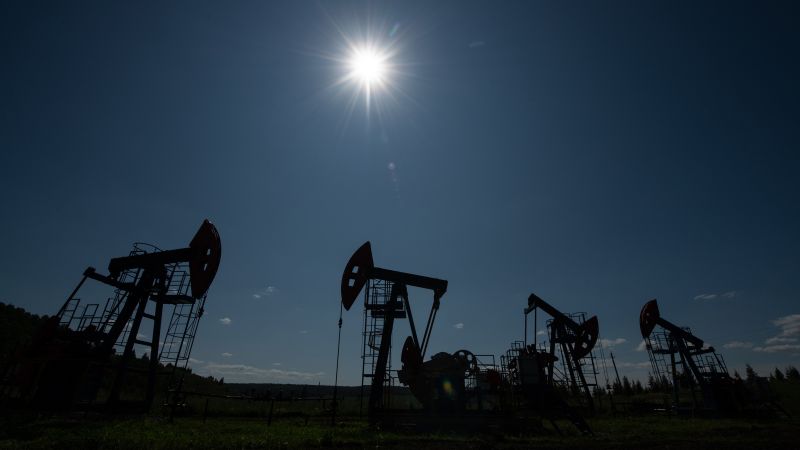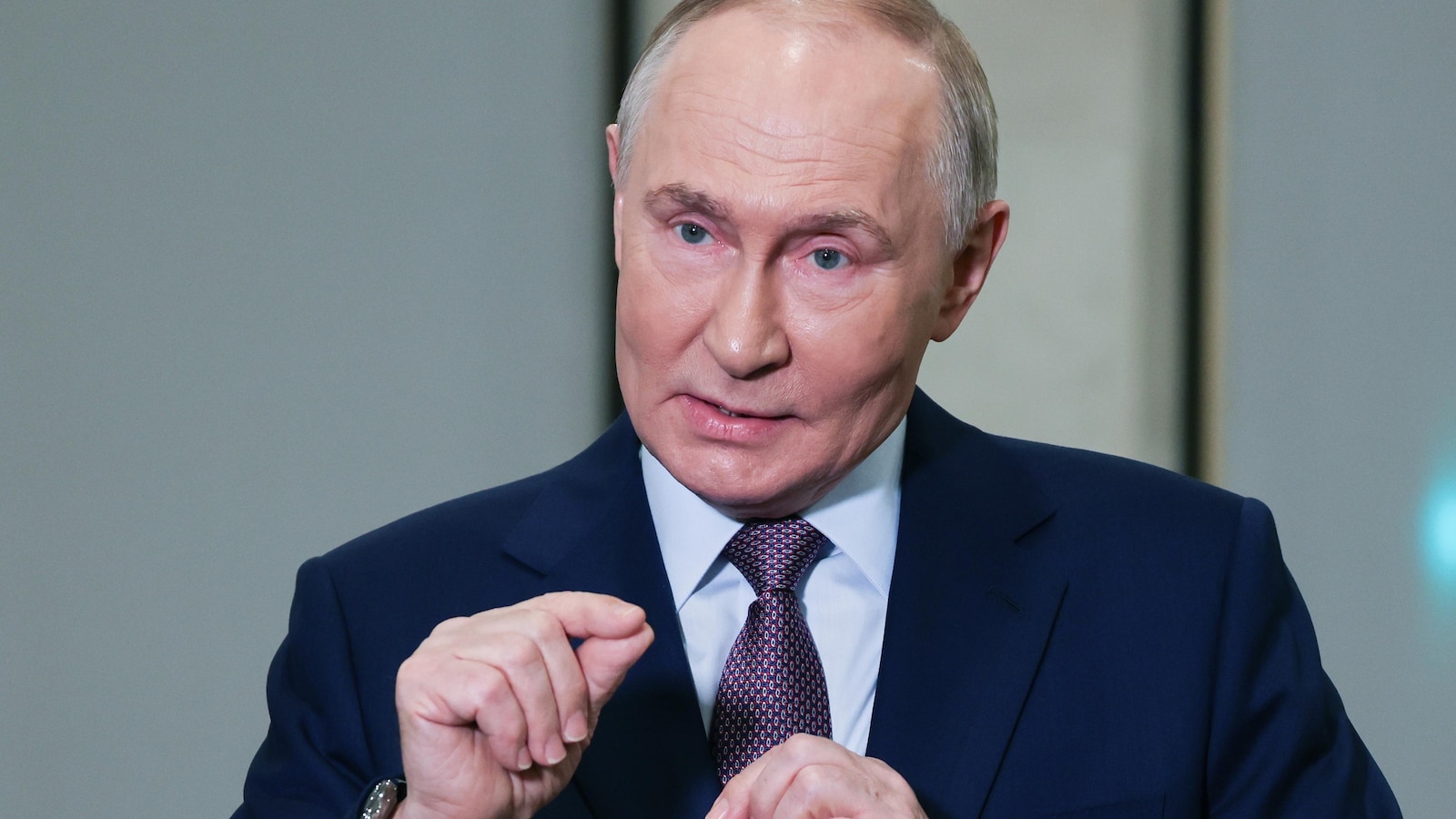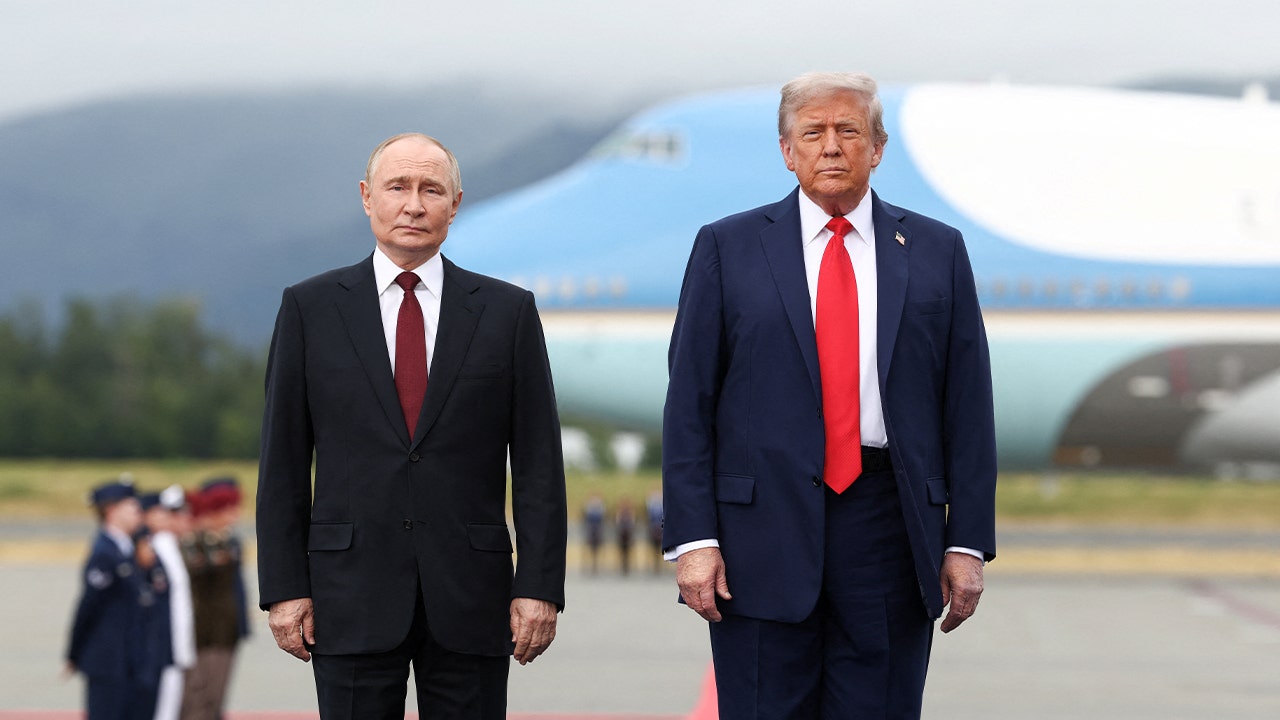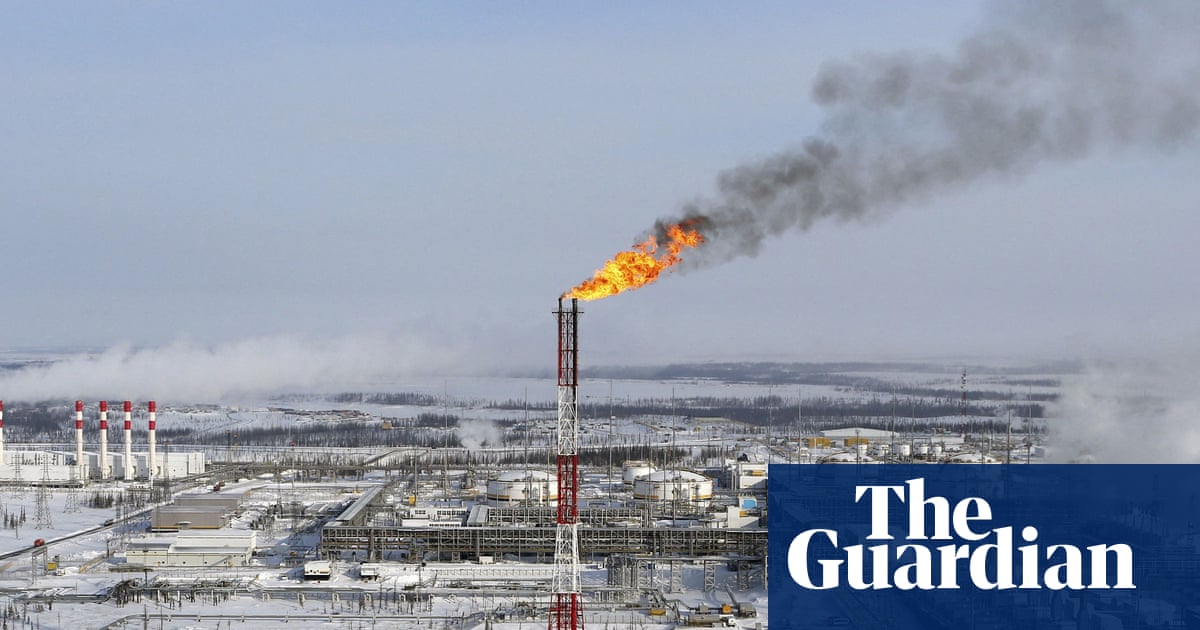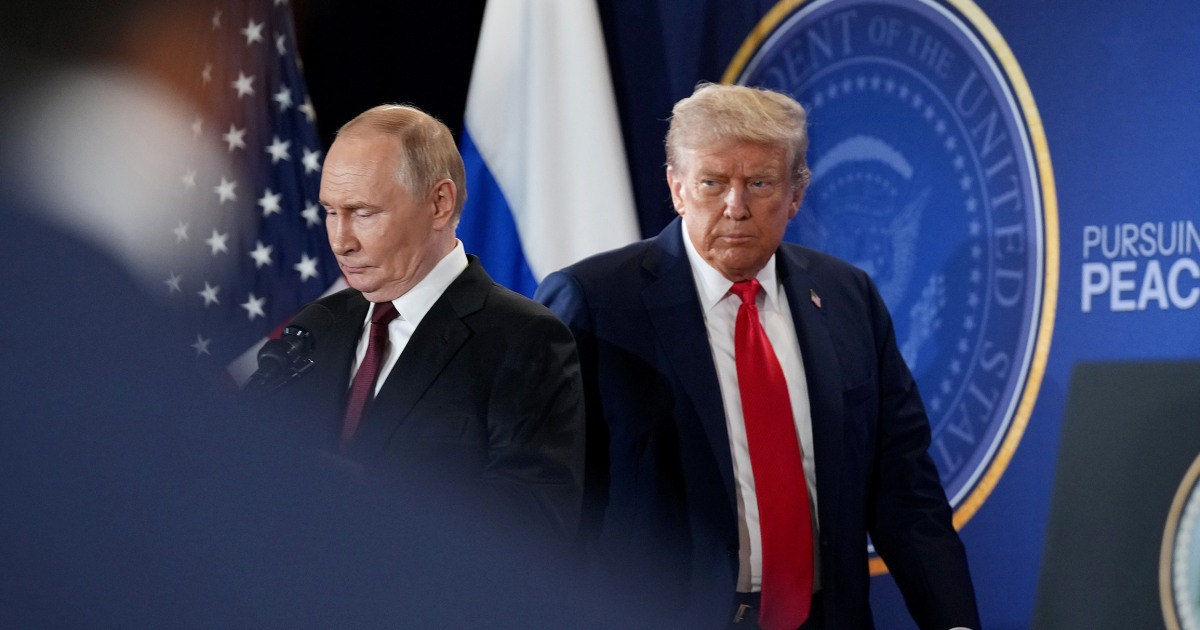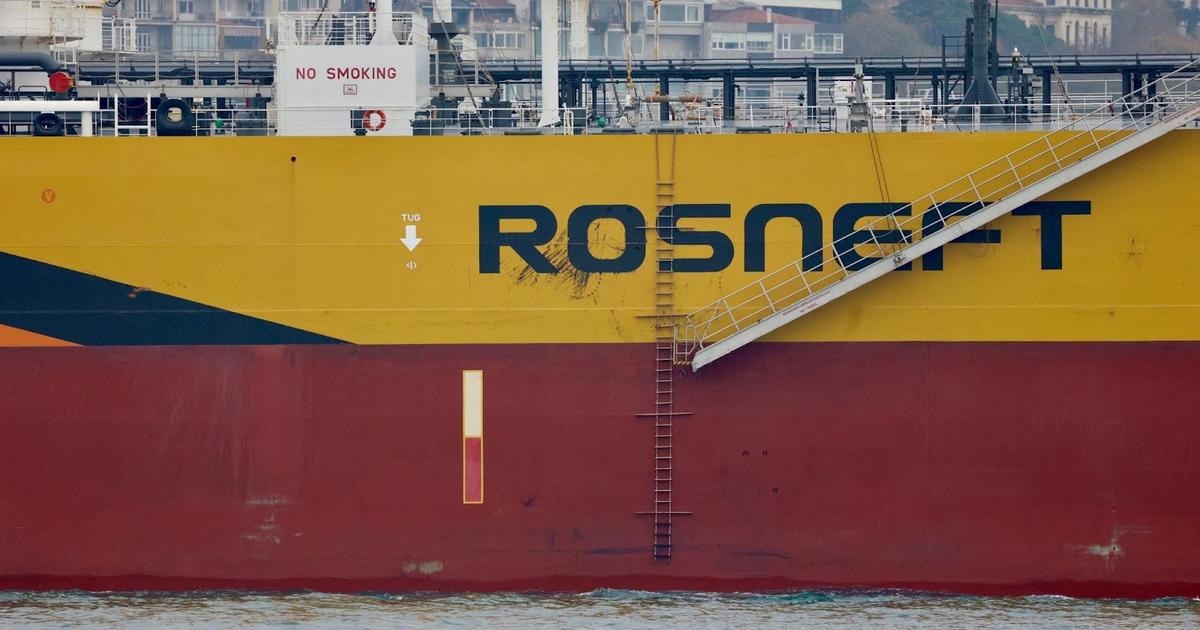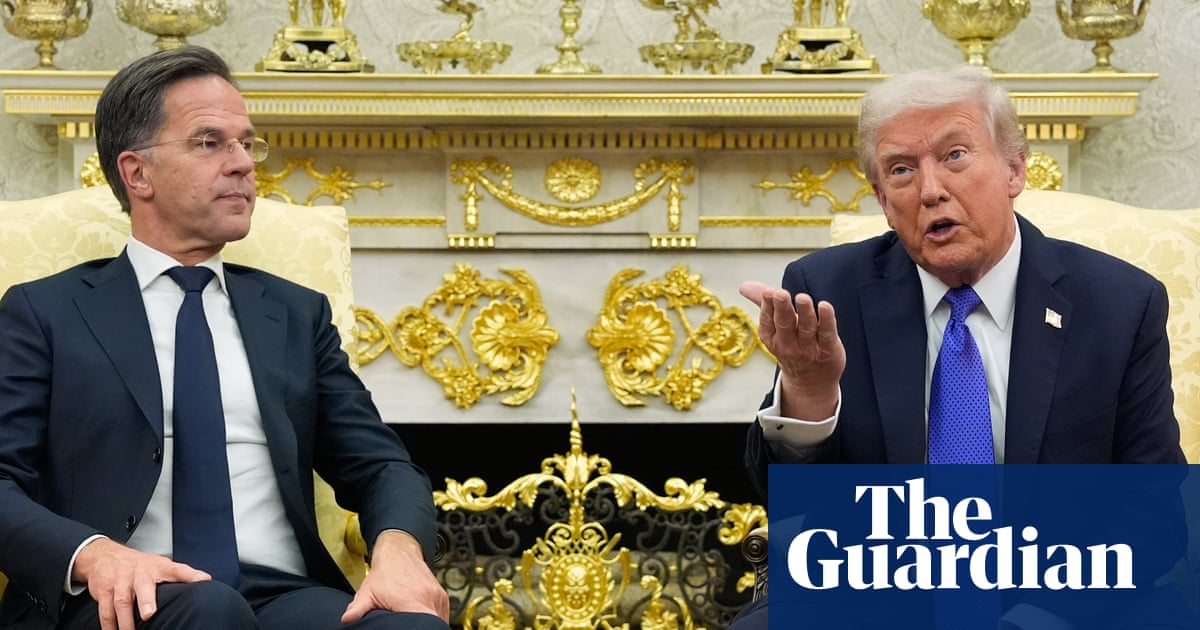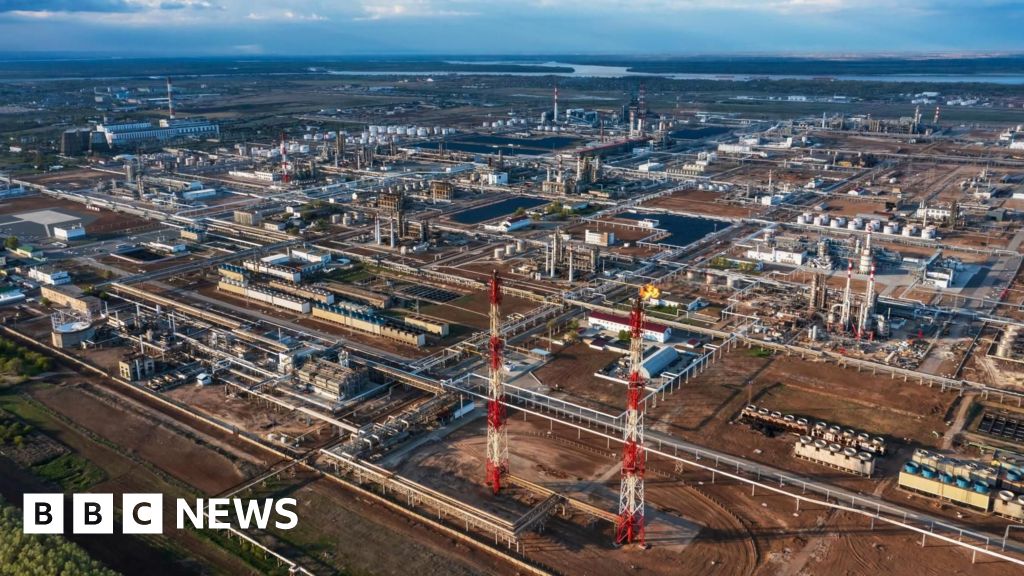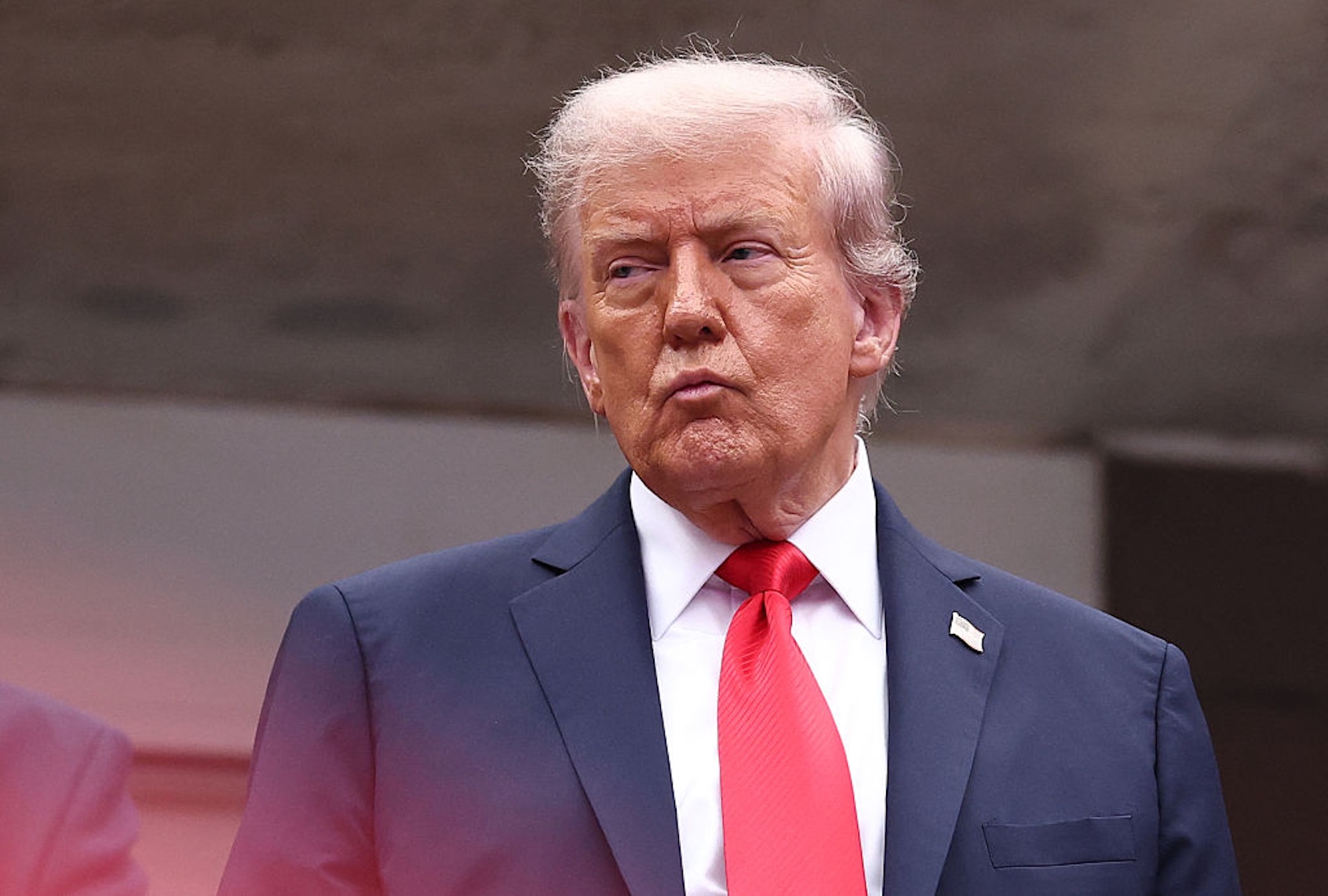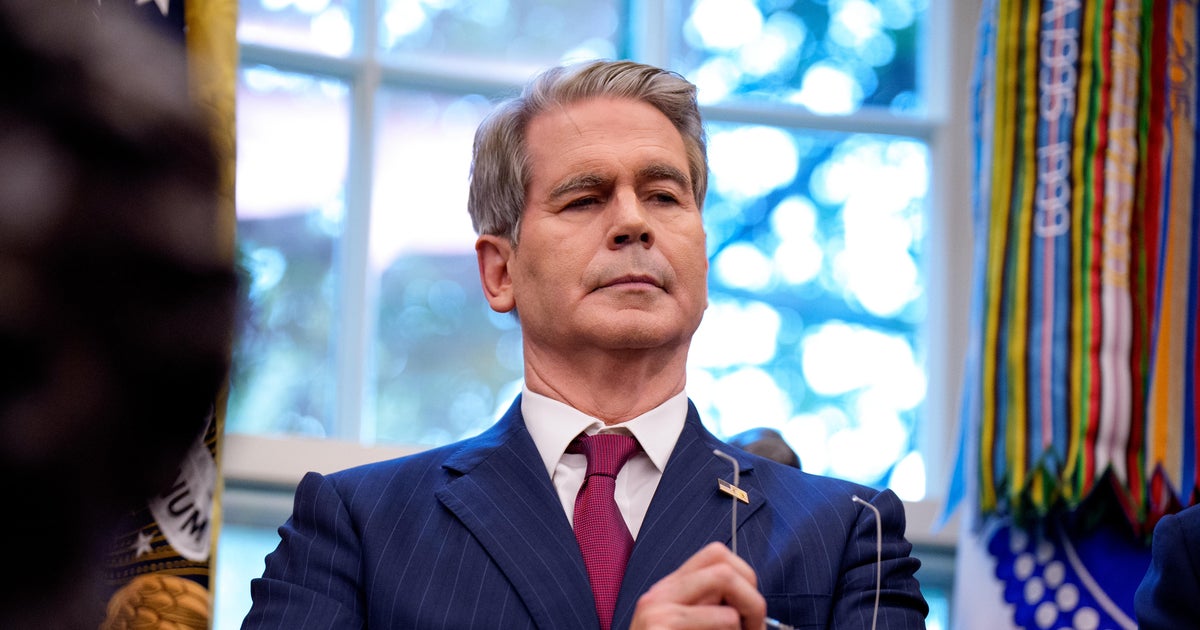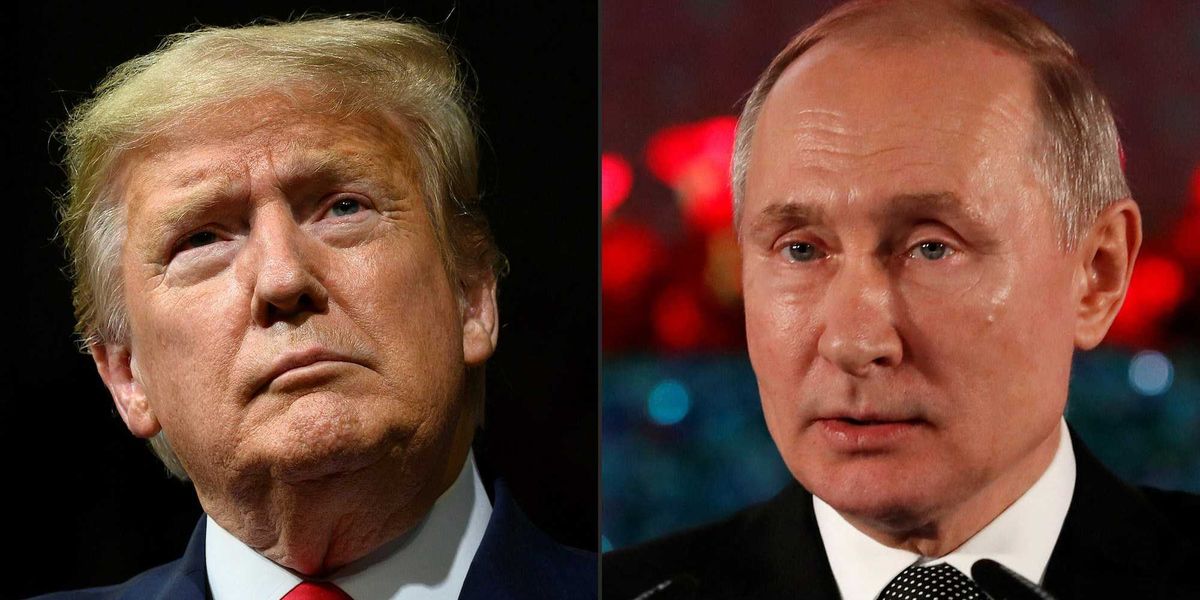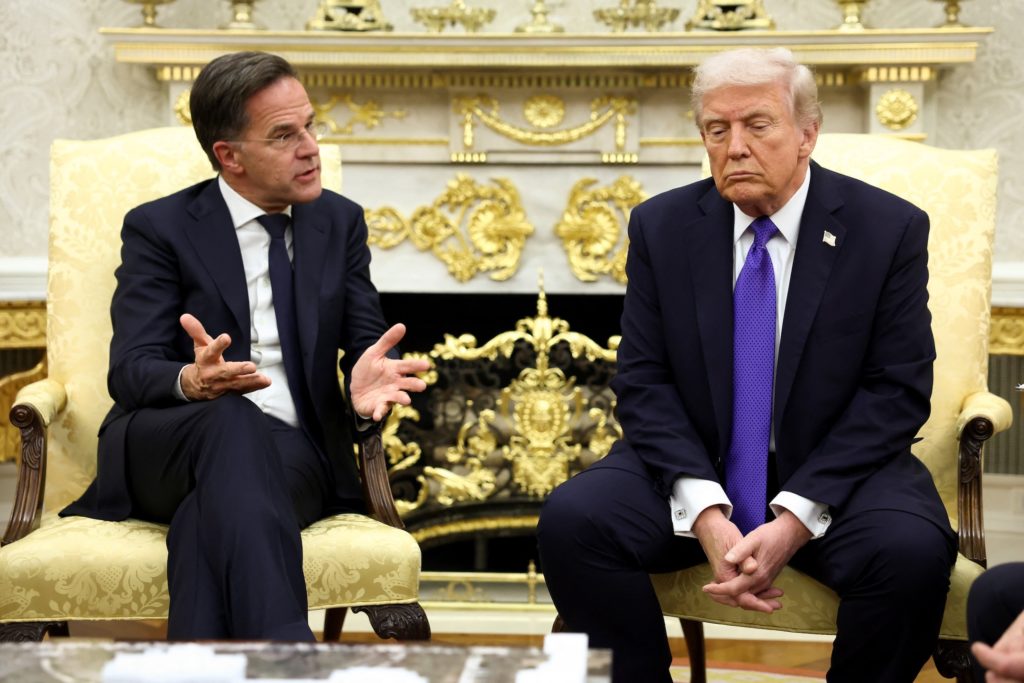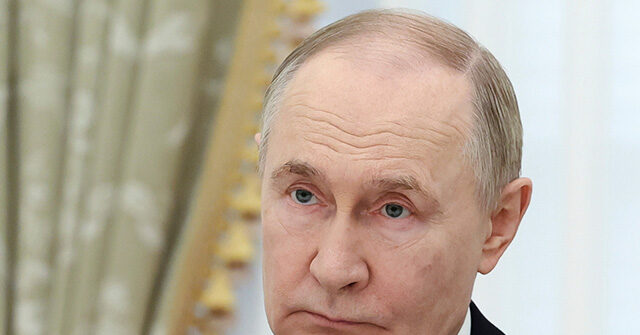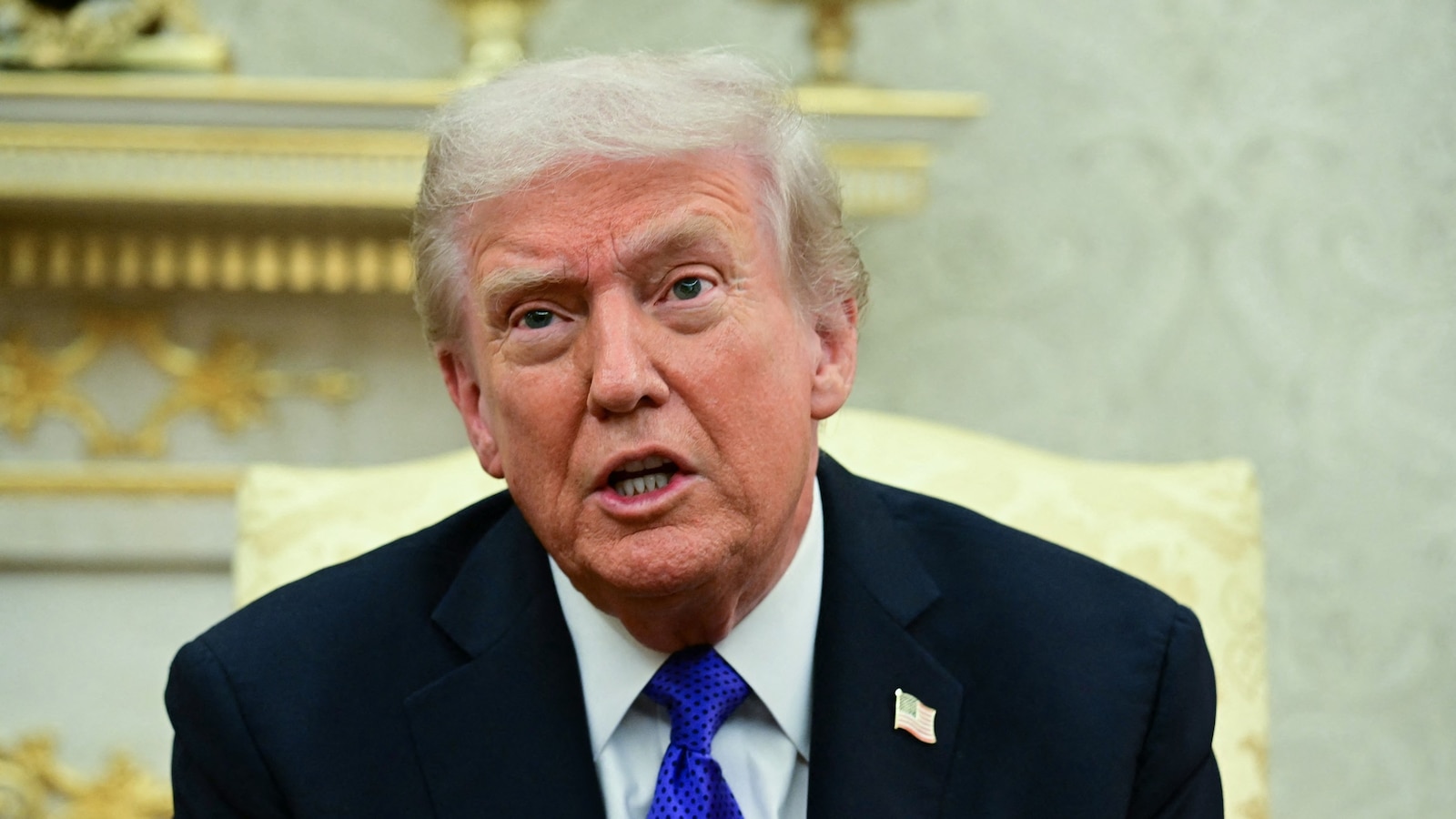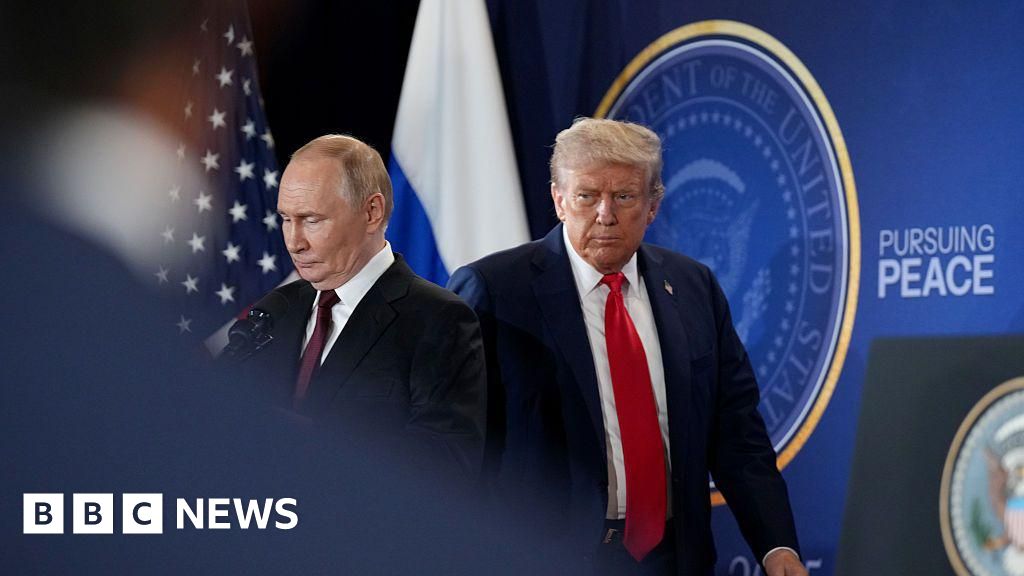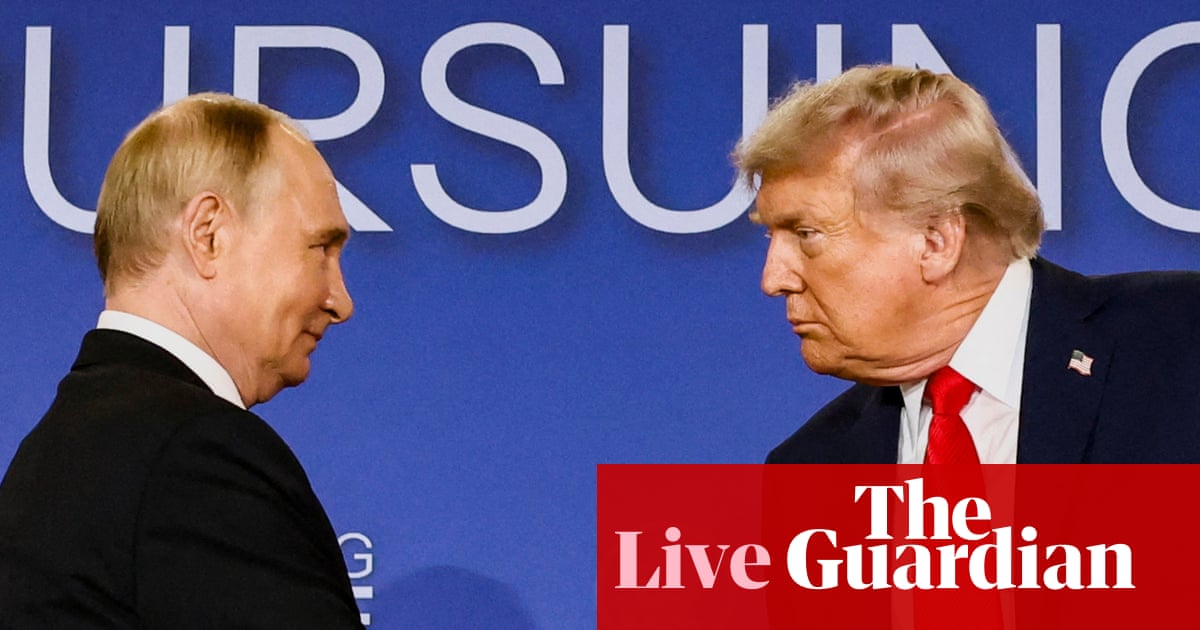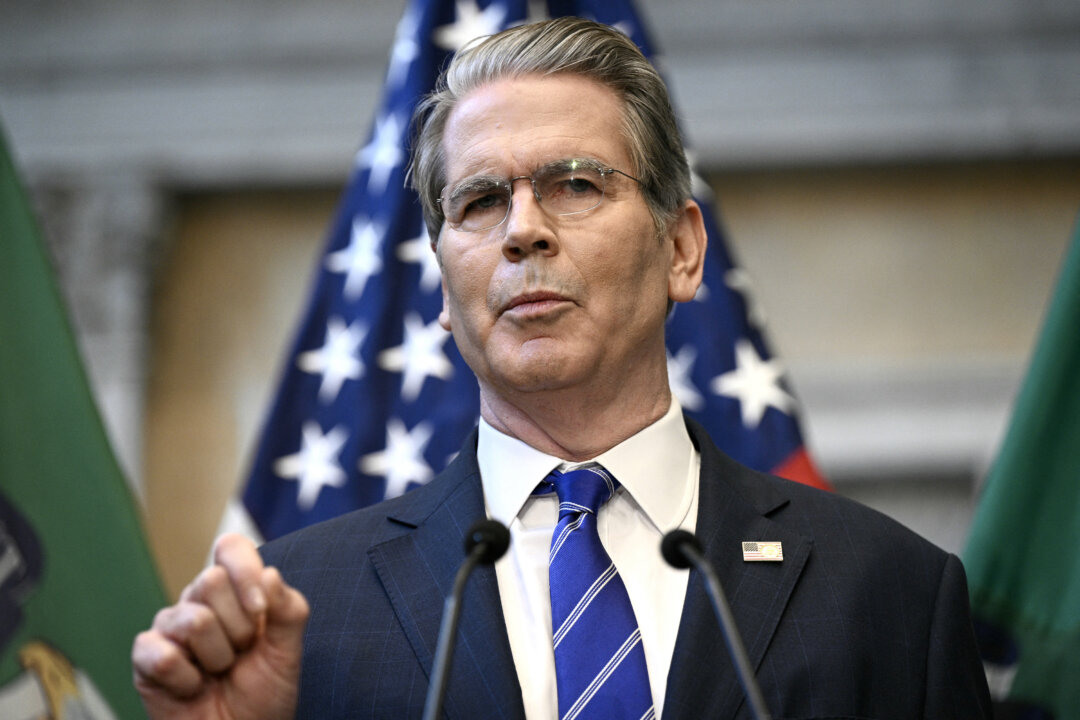US and EU Expand Sanctions on Russian Energy; Putin Remains Defiant
The US and EU imposed extensive sanctions on Russia's oil and energy to pressure Putin over Ukraine, causing oil prices to surge and Putin to dismiss their economic impact.
Subscribe to unlock this story
We really don't like cutting you off, but you've reached your monthly limit. At just $5/month, subscriptions are how we keep this project going. Start your free 7-day trial today!
Get StartedHave an account? Sign in
Overview
- The US, under President Trump, and the EU imposed sweeping sanctions on Russia's major oil firms and energy exports, aiming to pressure President Putin for a Ukraine ceasefire.
- These sanctions target Moscow's biggest oil producers, including Rosneft and Lukoil, freezing US-linked assets and threatening retaliation against international customers like India and China.
- The EU's measures include a plan to phase out all shipments of Russian liquefied natural gas (LNG) by the end of 2027, significantly impacting Russia's energy export capabilities.
- Following these new measures, US and international oil prices surged by approximately 5%, reflecting market concerns about potential supply disruptions and global economic effects.
- President Putin criticized US sanctions as 'unfriendly' and 'serious,' minimizing their economic impact on Russia, though acknowledging consequences and warning of higher global oil prices.
Report issue

Read both sides in 5 minutes each day
Analysis
Center-leaning sources collectively frame this story by emphasizing the severity of Russian aggression and the necessity of Western sanctions. They consistently use strong, evaluative language to describe Russia's actions and reactions, while highlighting the impact of the sanctions and the urgency of pressuring Moscow to end the conflict. The narrative underscores Russia's resistance to peace efforts.
Articles (42)
Center (15)
FAQ
The US imposed sanctions targeting Russia's major oil producers like Rosneft and Lukoil, including freezing US-linked assets and threatening retaliation against international customers such as India and China.
The EU plans to phase out all shipments of Russian liquefied natural gas (LNG) by the end of 2027 as part of its sanctions, aiming to significantly reduce its energy import dependence on Russia.
Following the announcement of the sanctions, US and international oil prices surged by approximately 5% due to market concerns about potential supply disruptions and global economic effects.
President Putin called the US sanctions 'unfriendly' and 'serious,' but downplayed their economic impact on Russia, while acknowledging some consequences and warning of higher global oil prices.
India and China are notable international customers of Russian oil, and the US threatened retaliation against them to discourage continued purchases of Russian energy under the sanctions regime.
History
- 11d

 3 articles
3 articles
- 11d

 4 articles
4 articles
- 11d

 5 articles
5 articles
- 11d

 8 articles
8 articles
- 12d

 9 articles
9 articles
- 12d

 9 articles
9 articles
